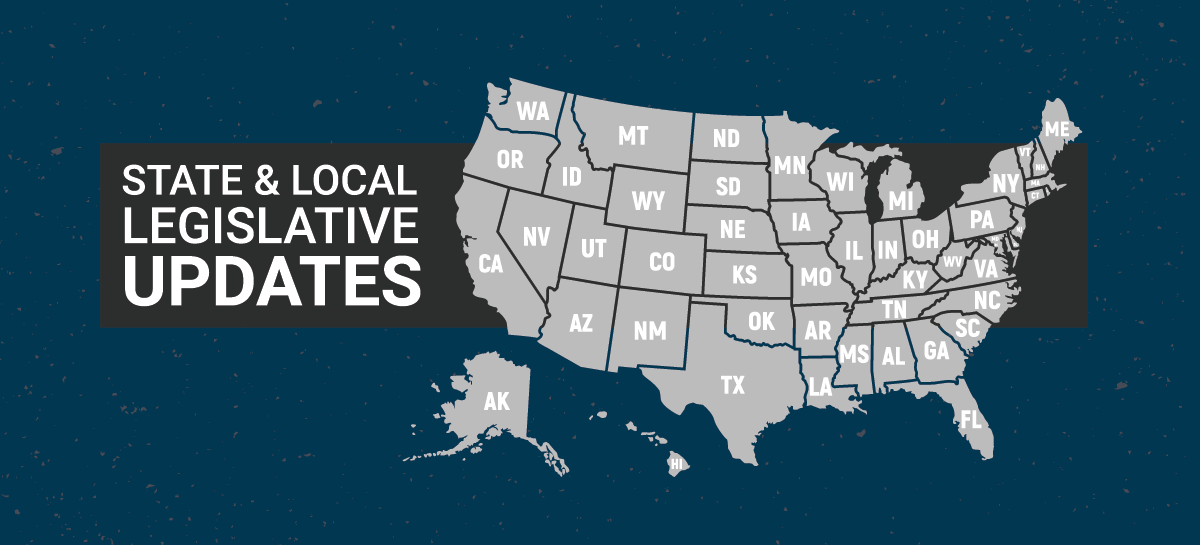
2026 Minimum Wage Rates by State – The minimum wage rate is expected to change in 2026 in about half of the states in the U.S. Our HR Compliance Overview provides a summary of the upcoming changes.
Read more: HR Compliance Overview
California Amends Pay Data Reporting Requirements – On Oct. 13, 2025, California amended the California Fair Employment and Housing Act’s (FEHA) pay data reporting requirements to modify storage requirements and impose mandatory penalties, effective Jan. 1, 2026, and to increase the number of job categories, effective Jan. 1, 2027.
Read more: California Legal Update
California Amends Pay Transparency and Equal Pay Laws – On Oct. 8, 2025, California amended its pay transparency law and the California Equal Pay Act (CEPA). The amendments clarify the pay scale that is to be included in job postings under the pay transparency law and extend the statute of limitations, amend damages calculations, and create new definitions under the CEPA. The amendments take effect Jan. 1, 2026.
Read more: California Legal Update
California Bans TRAPs and Stay-or-Pay Provisions – On Oct. 13, 2025, California passed a bill to ban certain training and retention repayment provisions (TRAPs) and other stay-or-pay provisions in employment contracts. The new law takes effect Jan. 1, 2026.
Read more: California Legal Update
California Employers Must Provide Immigration Rights Notice to Employees – On Oct. 12, 2025, California enacted the Workplace Know Your Rights Act (Act), which requires employers to provide each current employee with an annual stand-alone written notice of specified workers’ protections against unfair immigration-related practices and their constitutional rights when interacting with law enforcement in the workplace. The Labor Commission will prepare a template notice by Jan. 1, 2026. The first notice must be provided to employees on or before Feb. 1, 2026.
Read more: California Legal Update
California Expands CalWARN Notice Content Requirements – On Oct. 1, 2025, California amended the California Worker Adjustment and Retraining Notification Act (CalWARN) to add additional content requirements for notices of mass layoffs, relocations, or terminations. The new requirements take effect on Jan. 1, 2026.
Read more: California Legal Update
California Paid Family Leave to Cover “Designated Person” Care – California has enacted Assembly Bill (AB) 1041, amending the state’s family temporary disability insurance—or paid family leave—program to allow benefits for employees who take leave to care for a seriously ill “designated person.” The change will not take effect until July 1, 2028.
Read more: California Legal Update
Massachusetts 2026 PFML Benefit to Increase, Contribution Rate Is Unchanged – The Massachusetts paid family and medical leave (PFML) contribution rates will remain at their 2025 levels for 2026, but the maximum employee benefit will increase.
Read more: Massachusetts Legal Update
Minneapolis Aligns Paid Sick Leave Ordinance With State Law – Minneapolis has amended its Sick and Safe Time ordinance, which took effect in 2017, to align with the 2024 statewide Minnesota Earned Sick and Safe Time law. Employers in Minnesota localities with their own sick leave laws were already obligated to follow the leave provisions most favorable to their employees. The changes in the Minneapolis ordinance are intended to reduce confusion by eliminating obsolete lower standards in the city. The amendments take effect Dec. 31, 2025.
Read more: Minnesota Legal Update
New York City Expands Earned Safe and Sick Time – New York City has amended its Earned Safe and Sick Time Act (ESSTA), adding new reasons for leave and requiring employers to provide additional unpaid time off under the law. The amendments also make changes to the city’s Temporary Schedule Change Act (TSCA) to better align the two laws. The changes take effect Feb. 22, 2026.
Read more: New York Legal Update